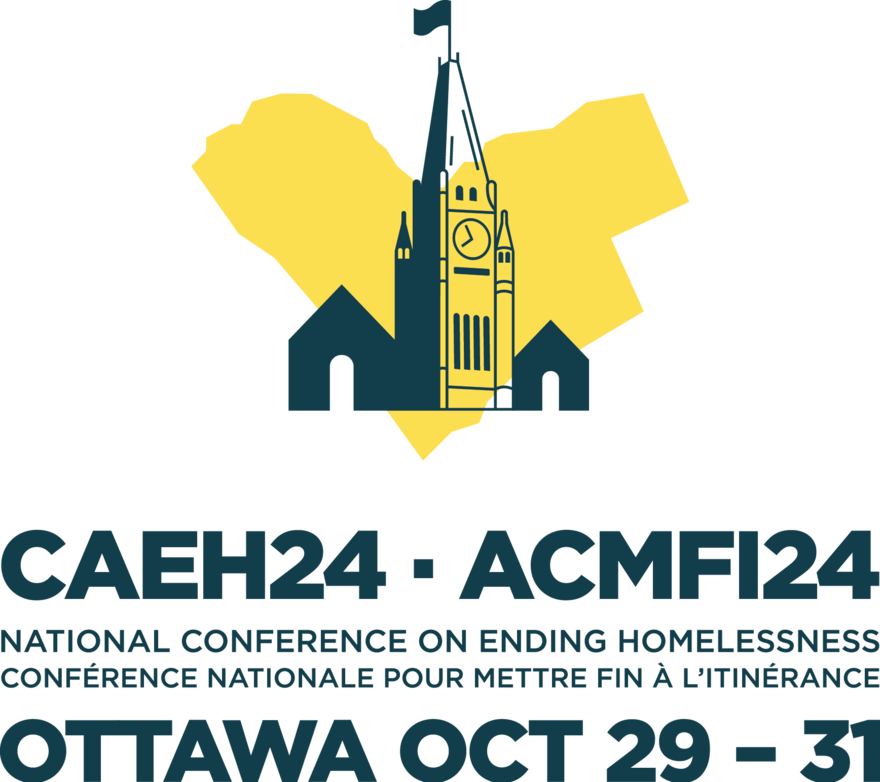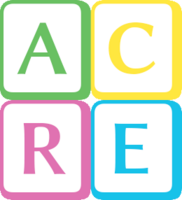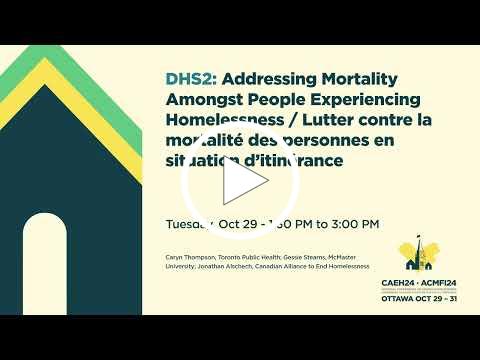
So long, Ottawa! Here are my highlights for the year:
@Geoffrey Messier, as always, had a really accessible presentation about why you shouldn't spend lots of money on a fancy AI model, when humans are awesome, and it's not that hard to do the same thing in an Excel spreadsheet. You can actually watch a recording of his presentation, and he recorded a tutorial about building a spreadsheet that would predict who will become chronically homeless, too.
Blue Door, a homeless-serving organization in York Region, started a social enterprise called Construct to provide people experiencing homelessness with job skills and experience in the construction industry. There's a similar organization called Community Builders in Sudbury and Simcoe County. Isn't that beautiful? We're always advocating for more housing, and I think there's something poetic about training homeless people to build houses. Something like "teaching a man to fish..."
The newly announced $50M Homelessness Reduction Innovation Fund. More federal funding is always welcome!
Food for thought: how many people die from homelessness? According to the coroner's office, people die of cancer, exposure, overdose, organ failure, blood loss, whatever. But homelessness isn't a cause of death on its own. The coroner only investigates sudden and suspicious deaths, and they don't know the housing status of every John Doe that gets brought in. The homeless community might know that someone passed away, but might only know a person by their nickname. And shelters might report deaths that happen in the shelter, but not know about deaths that happen outside of shelters. So nobody has a clear picture of the mortality rates among the homeless population, although Toronto Public Health is trying to build one. If you're interested about this topic, I made a report that examines your deceased clients in HIFIS. Watch the session:
@Mike Perry had some great tips about developing a public narrative. People like stories, so give them a story about a person who faced a challenge. People respond better to stories that are authentic, that emotionally resonate. And some of those emotional states drive action. States like anger, urgency, and hope. Great session, but unfortunately, character-based storytelling is kind of the opposite of data, so I don’t think we can agree on everything! Watch the session:
The CAEH has done polling and focus groups on what Canadians think about homelessness, which has important insights for how we should communicate with regular people. For example, a statment like “every Canadian deserves a place to call home” will get a better reaction than “homeless people need affordable housing.“
Guy Felicella, a harm reduction and recovery advocate who spent 30 years living in Vancouver's downtown east side when he wasn't in jail, made pretty much everyone cry. His message? Don't give up on people. Be there for them. If you're wondering what you missed, you can watch a TED talk he did or another TED talk. Watch this keynote:
Looking to develop a training program? @Katherine Hale in Ottawa has developed over 200 different training programs, on topics like "What is the Residential Tenancies Act" or "Circles of Grief Support: A Guided Approach on How to Comfort Others in their Grief" or "The Sustainable Helper: Strategies for Navigating Compassion Fatigue and Burnout in Frontline Work." She's so excited to share all these resources with other communities and help you build your own training offerings.
@Connie Walker is doing amazing work covering the stories of missing and murdered indigenous women and girls. Check out her podcasts: Who Killed Alberta Williams, Finding Cleo, and The Search for Jermain. And Brandon, MB presented about how they're using HIFIS data to reduce the number of MMIW2S, a project I helped with!
And if you weren't able to attend, here are my presentations for this year:
You're probably lying about homelessness - yes this is a replay from last year, but the slides have been updated





Comments